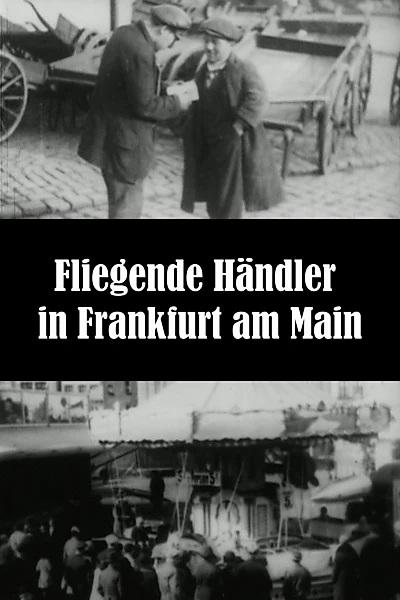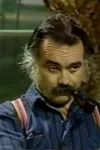Parlez-nous d'amour (1976)
September 23, 1976Release Date
Parlez-nous d'amour (1976)
September 23, 1976Release Date
Plot.
Where to Watch.
Cast & Crew.

Jacques Boulanger
Jeannot

Benoît Girard
Pierre Vignon, le chanteur

Claude Michaud
Benoit Marquis, l'agent

Anne Létourneau
Jeune Chanteuse prometteuse

Nicole Cloutier
Jeune Chanteuse prometteuse

Véronique Béliveau
Jeune Chanteuse prometteuse

Rita Lafontaine
Grande Admiratrice de Jeannot
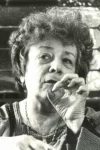
Françoise Berd
Grande Admiratrice de Jeannot

Amulette Garneau
Grande Admiratrice de Jeannot

Elyse Varo
Grande Admiratrice de Jeannot

Monique Mercure
Madame Jeannot
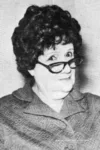
Manda Parent
Mignonne

Jean-Marie Lemieux
Boss de Jeannot

Roger Lebel
Boss de Jeannot
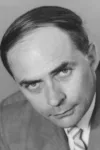
Bertrand Gagnon
Boss de Jeannot

Paul Gauthier
Propriétaire de Corm

André Montmorency
Le journaliste à potins

Denis Drouin
Le producteur de disques

Roger Garand
Le réalisateur

Michel Proulx
ProductionDesigner

Lise Thouin
La scripte / Editor
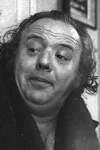
Guy L'Ecuyer
Le maquilleur
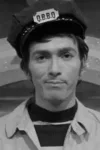
Jean-Pierre Cartier
Le régisseur

Gilbert Comtois
Un autre réalisateur
Media.
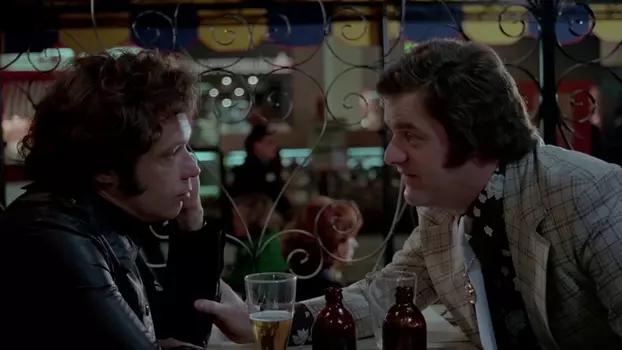






Details.
Release DateSeptember 23, 1976
StatusReleased
Running Time2h 8m
Budget$395,000
Genres
Last updated:
Wiki.
Let's Talk About Love (French: Parlez-nous d'amour) is a Canadian comedy-drama film, directed by Jean-Claude Lord and released in 1976. A satire of television production, the film stars Jacques Boulanger as Jeannot, a television variety show host who becomes disillusioned with the television industry, and begins to reveal the behind-the-scenes behaviour of his colleagues on the air, including allegations of sexual exploitation, bribery, payola and attempts to bury celebrity scandals before they get reported.
The film featured a large ensemble cast, including Benoît Girard, Claude Michaud, Anne Létourneau, Nicole Cloutier, Véronique Béliveau, Rita Lafontaine, Françoise Berd, Amulette Garneau, Monique Mercure, Manda Parent, Pierre Curzi, Jacques DesBaillets, Jacques Famery, Muriel Dutil, Diane Guérin, Yvon Barrette, Michelle Rossignol, Gabriel Arcand, Yvette Thuot and Guy L'Écuyer
The film was inspired in part by Boulanger, himself a Quebec television variety host of the era, and his own disgust with the private behaviour of some of his colleagues. The screenplay was written by Michel Tremblay, based in part on real tape recordings Boulanger had provided from his show. It was highly controversial in its era, but later attracted a significant cult following.
You May Also Like.

Retribution (2023)

Sniper: G.R.I.T. - Global Response & Intelligence Team (2023)

Sayen: The Huntress (2024)

Dragon Ball: Yo! Son Goku and His Friends Return!! (2008)
Avatar: Creating the World of Pandora (2010)

Darkland: The Return (2023)

Kimagure Orange Road: I Want to Return to That Day (1988)

Detective Knight: Independence (2023)

South Park: Post COVID: The Return of COVID (2021)

1 (2020)

RETURN (1985)
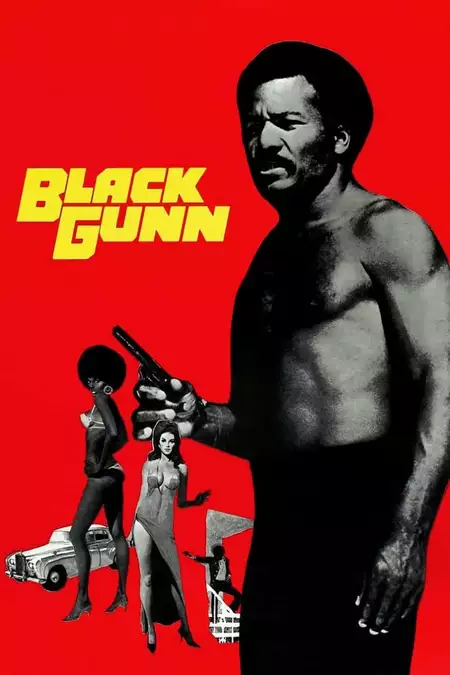
Black Gunn (1972)

Gilbert (2017)
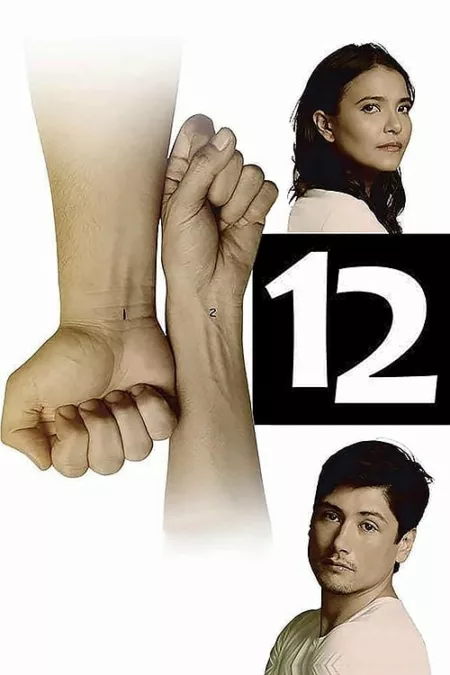
12 (2017)

12 (2009)
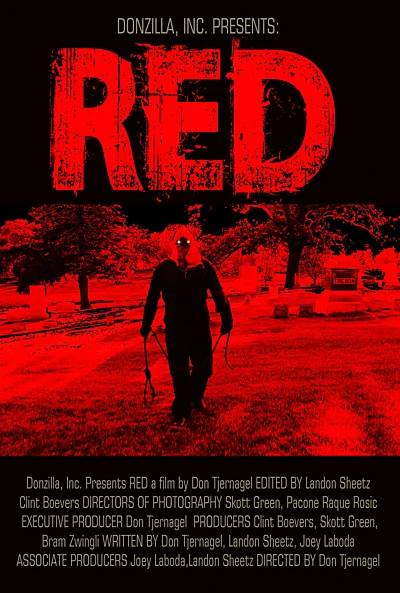
Red (2022)

Red (2020)
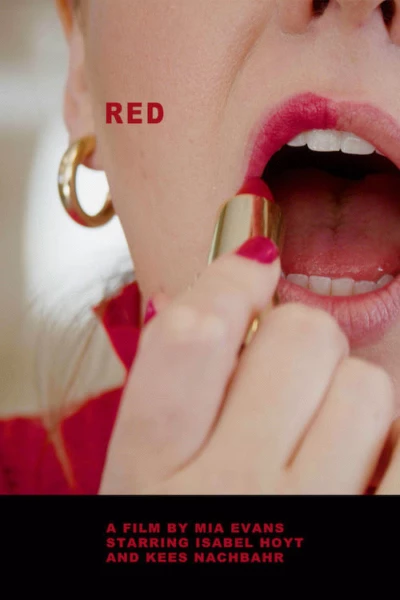
Red (2023)
